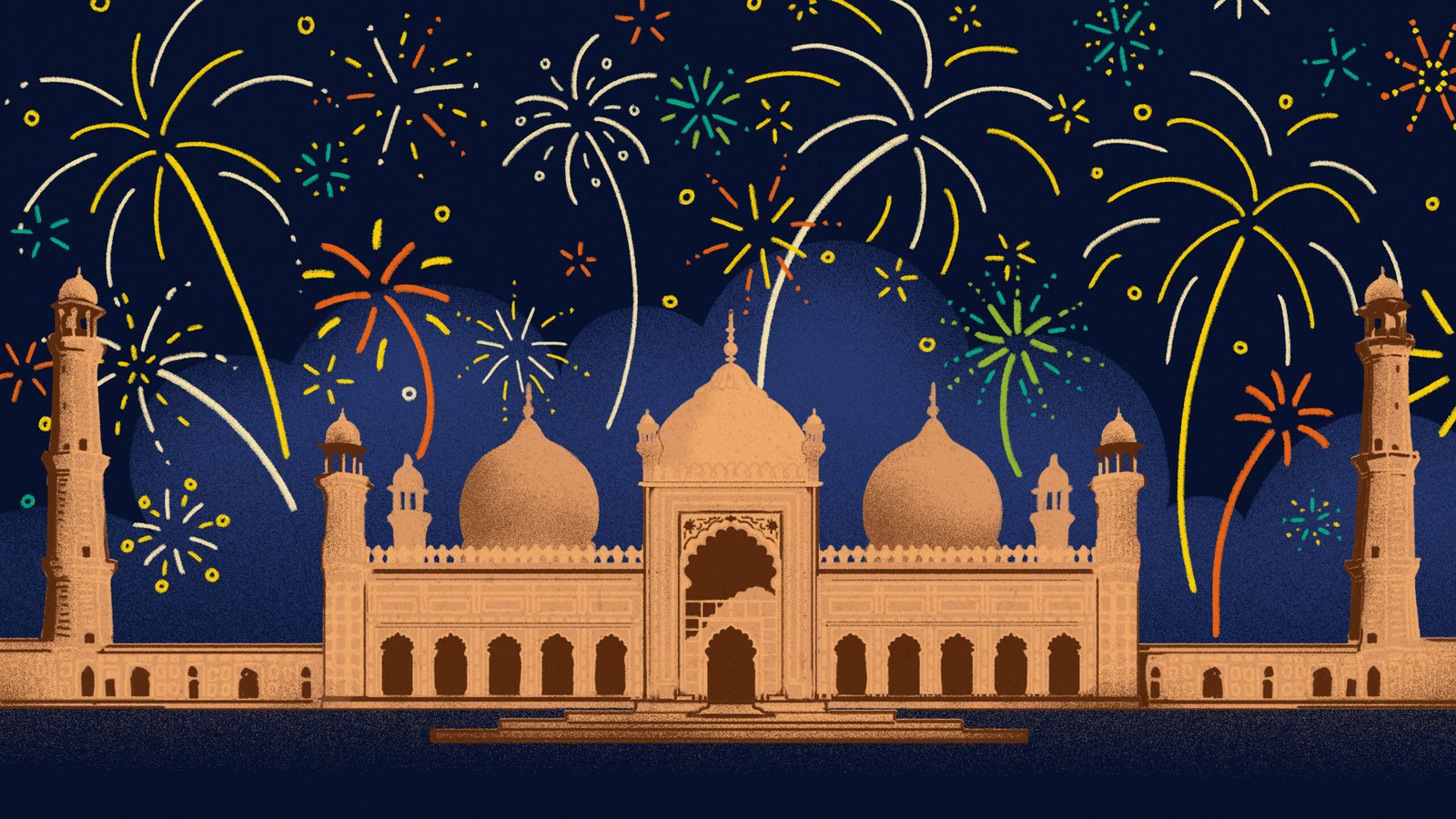EXPLAINER: Eid-al-Adha and its significance

Eid-al-Adha is the second significant religious festival of Islam. For the year 2022, it takes place on Saturday, July 9. Eid al-Adha takes places on the 10th day of the final month of the Islamic calendar, Dhu al-Hijjah. Dhu al-Hijjah is the 12th and most sacred month of the Islamic year, during which observant Muslims travel to Mecca for Hajj.
Eid al-Adha is one of two Eids, or days of celebration for Muslims worldwide, in a year. The festival coincides with the completion of Hajj, the annual Islamic pilgrimage to Mecca in Saudi Arabia, which millions of people partake in every year.
Known as the “festival of sacrifice,” Eid al-Adha commemorates the prophet Ibrahim’s readiness to sacrifice his son in order to demonstrate his dedication to God. During the festival of Eid al-Adha, Muslims acknowledge the devotion of Ibrahim, who was willing to sacrifice his son, Ismail, under the order of Allah SWT (God).
According to the Quran, the sacred religious book of Islam, just as Ibrahim was about to sacrifice his son, God replaced Ismail with a lamb, which was sacrificed instead.
This command from Allah SWT was a test of Prophet Ibrahim’s willingness and commitment to obey his Lord’s command, without question.
Therefore, Eid al-Adha means the festival of sacrifice.
Eid al-Adha and Eid-al-Fitr are the two major religious festivals observed in the religion of Islam. Eid al-Fitr, which was celebrated in May in countries across the world, translates in Arabic to mean “the feast of the breaking of the fast.” The festival marks the end of Ramadan, the Islamic holy month which involves Muslims fasting during daylight hours for 29 to 30 days.
The animal that is sacrificed, which is usually a goat, sheep, cow or camel, is separated into three parts.
At least one third of the meat from the animal must go to poor or vulnerable people. Traditionally, a Muslim would keep one third of the meat for their family and give the final third to their neighbours.
During the morning of Eid al-Adha, a special prayer called Salat al-Eid is recited in honour of the festival, ahead of the Dhuhr prayer at noon.
Muslims traditionally dress in fine clothes in celebration of Eid al-Adha, in addition to exchanging gifts.







